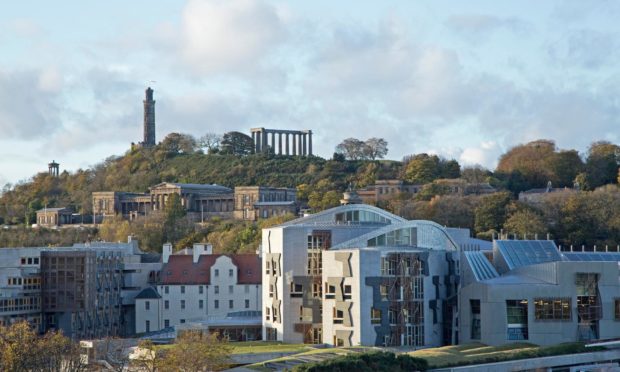When the Sun newspaper apologised for calling boxer Frank Bruno “bonkers”, a point was proved. Britain had changed. It was no longer OK to make fun of mental illness. People in such distress need help, not mockery.
Prior to this, political manifestos in the 1990s had started promising extra cash for mental health services. A cultural change was taking place – the stigma of mental illness was over.
In the last decade or so talking about mental health has become not only acceptable, but ubiquitous. It’s rare for a public figure not to reference a bad patch, breakdown or other psychological pain. Sometimes this can be a bit overdone, but better that than the old silence.
The broad rules for a happy mind are good diet, physical mobility, meeting friends and purposeful activity – a job you like. All of which have been made a lot harder in lockdown. Little surprise then that the pandemic has led to fears we are quietly going crazy at home.
Unfortunately we are a society which rewards politicians who talk well but do little. The Scottish Government should be applauded for its statements on mental policy, but the evidence shows a token effort.
It sounds good to say “this is a government that listens and acts when it is most needed”, as finance minister Kate Forbes did presenting the draft budget. The SNP went on to claim £1.1 billion was being spent on mental health.
The budget is a perfect example of Scottish governing – it confuses spending pledges with action, pound signs with effectiveness. The betrayal here is most brutal and callous towards our young.
The Royal College of Psychiatrists (RCPsych) in Scotland said it has seen a significant rise in referrals to child and adolescent mental health services (CAMHS) during the coronavirus pandemic, but there is a “significant lack of funding” for them.
“More than eight in 10 (84%) of the 76 child and adolescent psychiatrists who responded to a recent RCPsych in Scotland poll said CAMHS services are not up to standard, while noting a significant rise in demand,” said Dr Helen Smith, RCPsych in Scotland.
“What we have is a potential mental health emergency on our hands which will burden future generations”
The Scottish Association for Mental Health backs this up. Billy Watson, chief executive at SAMH, said: “Scotland’s mental health deserves better. A growing number of people across the country are facing mental health problems and are struggling to access help. There have been too many promises on mental health and not enough action. With the added pressure brought about by the pandemic, we need a radical new plan.”
The problem is twofold. First, for all the last two decades of political promises about money, the real, unspun budget is tiny. The second is that no qualitative assessment is involved.
“We do not know how the Scottish Government expects us to keep meeting the increased demand for support without increasing the capacity of services,” says Dr Helen Smith.
On the quality of the care, there is little data about the effectiveness of the various services. We do know that referrals for mental health services are up. So to is the suicide rate.
We also know that mental illness can occur in anyone, but the incidence rate is higher among low earners, the unemployed and the socially excluded.
Scotland needs to cut through the self-congratulatory aura surrounding greater recognition of mental health.
This is one of Scotland’s exceptional policy issues, alongside poverty and obesity. It needs exceptional consideration.
In part that is linked to spending. But mostly it is the ability to be honest about what the challenge is and the real world solution.
My GP’s notes are short on knocks and diseases but long on mind medication, alcohol abuse and despair. You are not alone. See below for places that can help. That’s not what prompted this column. Instead a friend’s child, in desperate need of care, is still waiting for any help at all despite a pronounced and evident state of illness for over a year. What we are doing now is not good enough.
Call me “bonkers” but can’t we expect a Scottish Government, run by the Scottish National Party, to find a Scottish solution?
If you’re looking for more information about mental health, the SAMH Information Service can help with signposting you to the right information and give details of support through their information phone line and email service, as well as their written information. Their website can be found here.
*0344 800 0550 – open 9am-6pm, Monday to Friday (except Bank Holidays). Calls charged at local rates.
info@samh.org.uk


